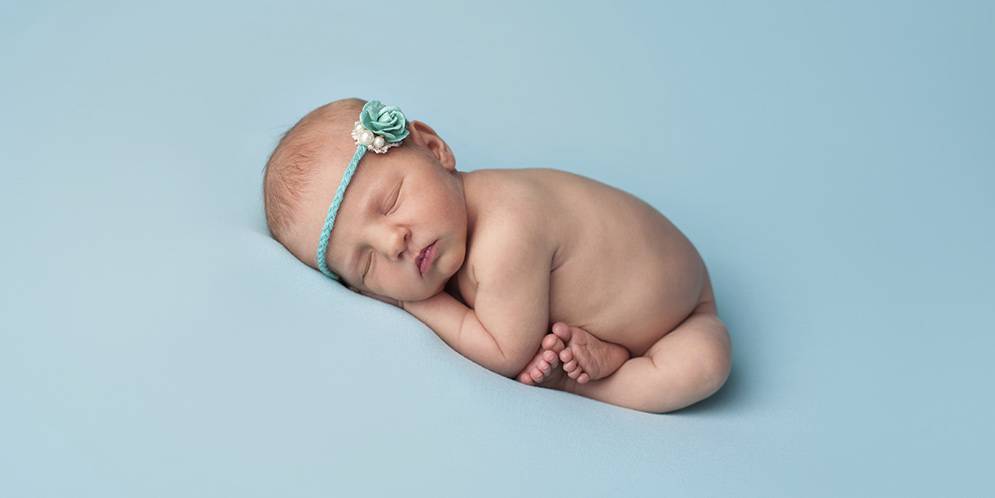How You Can Reduce Your Baby’s Risk of SIDS

October is SIDS, Pregnancy, and Infant Loss Awareness Month. SIDS, or Sudden Infant Death Syndrome, is the name for the sudden, unexplained death of an infant that is not yet one year old. It is the third highest cause of infant death in America and is a common fear for many parents. Luckily, there are some things parents can do to help reduce their baby’s risk of SIDS.
Let Him Sleep on a Firm Surface
When it’s time for your baby to sleep, be sure he is on a firm surface that meets the most recent safety standards. Do research to ensure that your crib or bassinet has not been recalled and don’t use it if it is broken or missing pieces. Avoid putting him to sleep on cushions, blankets, or soft furniture and do not put any pillows in between the mattress and the fitted sheet that covers it. Additionally, keep any soft objects like stuffed animals or loose bedding outside of the crib. This helps prevent entrapment, strangulation, and suffocation.
Place Him on His Back
When it’s time for a nap or bedtime, babies under one year of age should be placed on their backs. Only allow him to sleep on his tummy or side if he rolls over into that position on his own. If your little one falls asleep in a stroller, sling, car seat, or other spot, be sure to move him to a firm surface as soon as you can do so.
Keep Him in Your Room
Put your baby’s crib in the same room you sleep in, but not in the same bed as you. Having him within reach makes it easier to watch him, breastfeed when needed, and address any issues he may have throughout the night. However, keeping him in the same bed can be dangerous if a parent rolls on top of him or he finds himself getting strangled in oversized sheets.
Adhere to General Safety Tips
Make sure you’re taking your baby to all of his well-baby visits so he receives the necessary vaccines. Some research has shown that immunizations could help reduce the risk of SIDS. Additionally, keep your baby away from smokers and areas where people are smoking. Lastly, make sure the room your baby sleeps in is not too warm. If his chest is hot or you find him sweating when he sleeps, this could mean he is too warm.
Be wary of products that advertise that they reduce the risk of SIDS. Many of these have not actually been proven to do so, and some can actually increase the risk.
